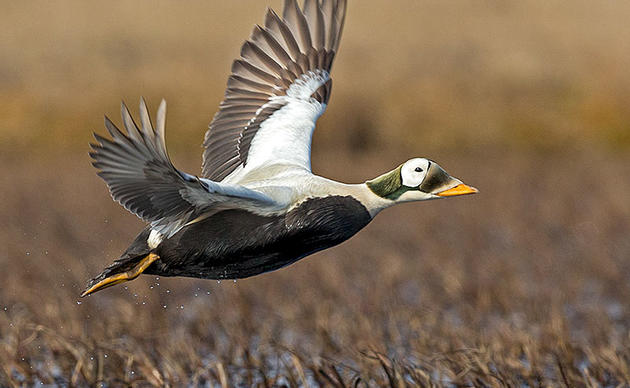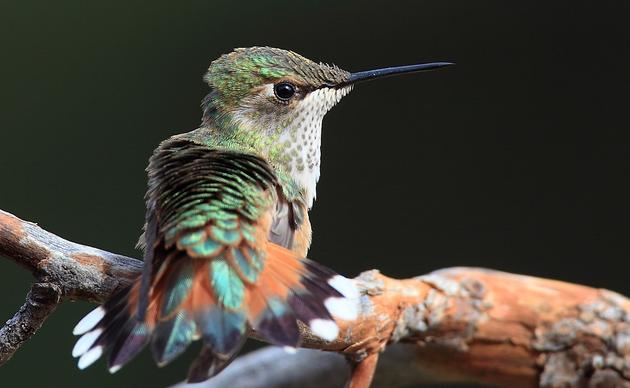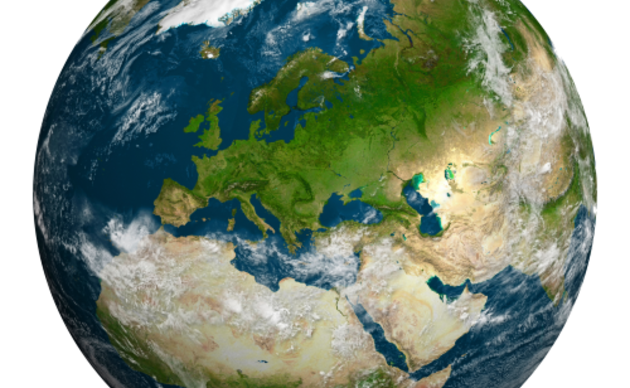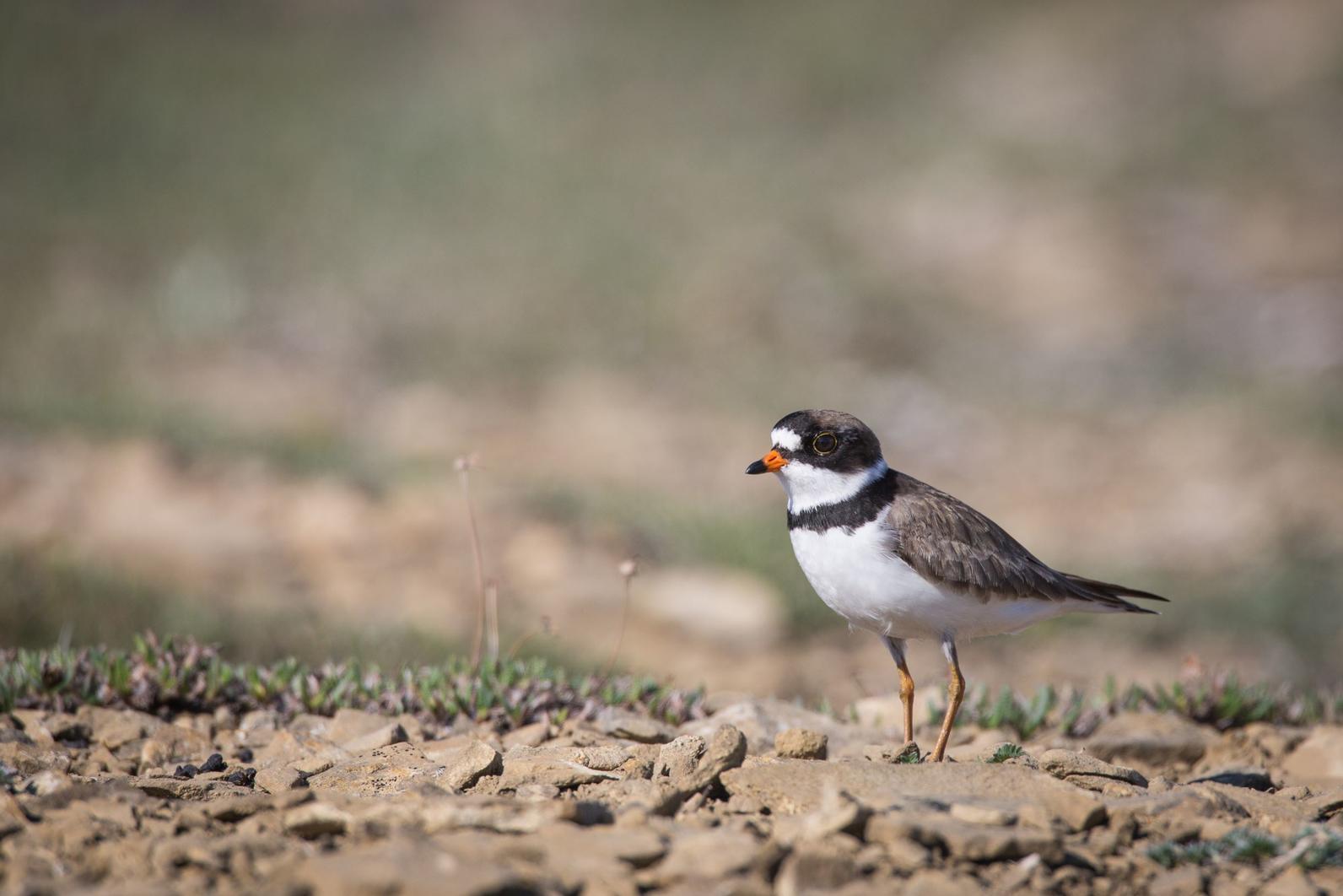
Alaska’s Western Arctic is one of the most remote places in the United States. Within this area lies the National Petroleum Reserve-Alaska (NPR-A), which despite its industrial name provides habitat for a vast number of molting geese, threatened species such as the Spectacled Eider, millions of nesting shorebirds, a whole host of waterfowl, and tens of thousands of caribou. This abundance of wildlife is an essential resource for the Alaska Native people who have called this area home for thousands of years.
Oil and gas development also occurs in the NPR-A, concentrated in the northeastern quadrant. Over time, the oil industry has completely surrounded the Native Village of Nuiqsut with active oil and gas wells. The closest well is only three miles away and clearly visible from the village’s local school. Residents are experiencing the effects of the highest levels of industrial activity so far, including around-the-clock blasting and gravel mining.
According to a press announcement released on March 1, 2019, the disruption of daily life due to the industrial activity of oil companies this winter has forced the Native Village of Nuiqsut tribal government to take legal action. Along with five conservation groups, the Native Village has signed on to a federal lawsuit that challenges the Bureau of Land Management’s (BLM) approval of ConocoPhillips’ winter exploratory drilling program. The exploration, which involves nearly 70 miles of ice roads and up to 23 ice pads, along with the drilling of six new exploratory wells, is immediately adjacent to the indigenous community.
The press release states that “the people of Nuiqsut are already feeling the growing impacts of the oil and gas activities that surround their community, and ConocoPhillips’ winter drilling plans will only compound these cumulative impacts. Before proceeding, BLM failed to do the required assessment of all these effects or to consider any options for reducing impacts.”
At Audubon Alaska, we share the concerns expressed in this legal challenge, particularly those related to impacts to wildlife populations. Laws governing management of the NPR-A specifically require “protection of the environmental, fish and wildlife, and historical or scenic values.” However, current oil projects are encroaching on places like the Teshekpuk Lake wetlands within the Teshekpuk Lake Special Area. New and fast-tracked planning processes appear poised to open the protected wildlife zones for increased fossil fuel development.
The wetlands of Teshekpuk Lake provide ideal conditions for Arctic birds, especially molting geese. As many as 35,000 Greater White-fronted Geese and 37,000 Brant molt at Teshekpuk Lake each year, plus thousands of Canada Geese and Snow Geese. The land around the lake is the primary annual calving ground for the Teshekpuk Caribou Herd, an estimated 40,000 animals. The herd is one of the important wildlife species for the village of Nuiqsit, where over 90% of residents rely on subsistence resources.
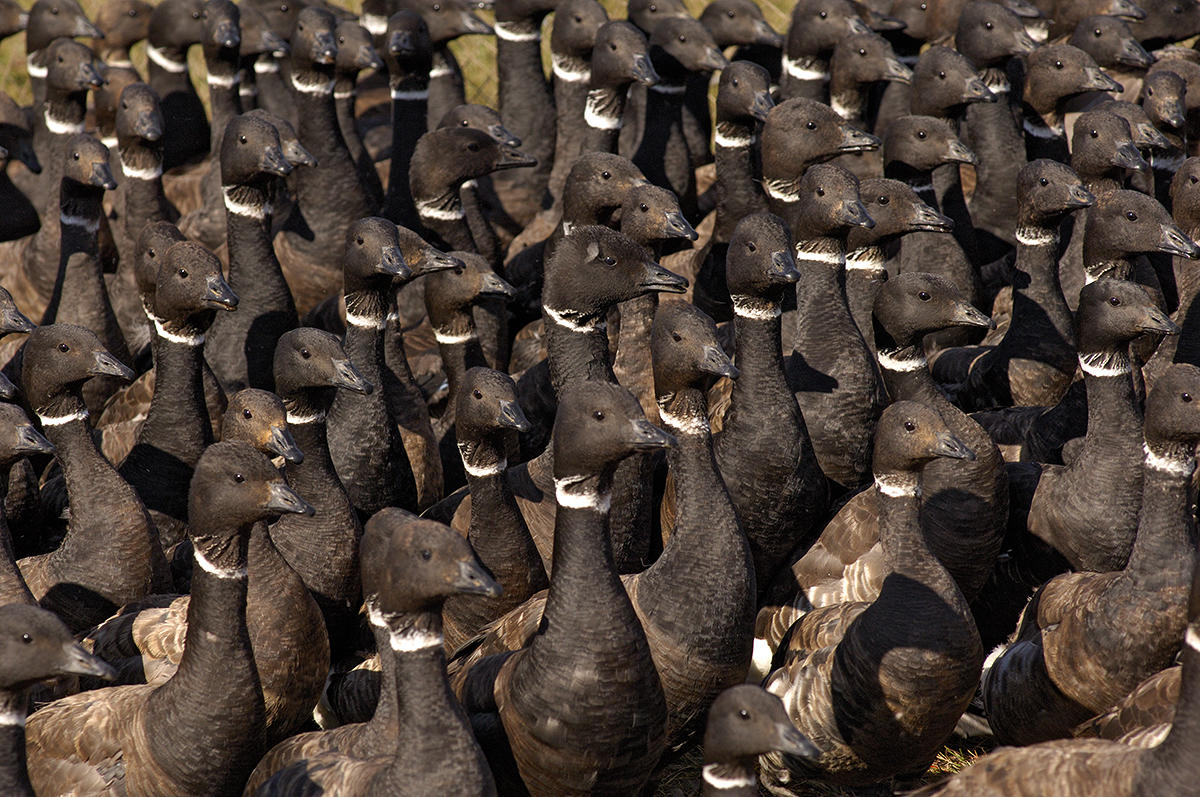
“Our health is what we eat, and 95 percent of what we eat is from the land, rivers and sea,” said tribal administrator Martha Itta. “There has been little or no consultation with us by either BLM or the company about how things are going to be done. We need everything to slow down so we can understand the impacts of past, current, and future projects so we can adapt to the changes that are altering and affecting our lives in many ways. BLM needs to take the time to understand and address the impacts to the area and our community before it proceeds.”
The people of Nuiqsut are experiencing the impacts of oil and gas development first hand. We support them in their effort to protect this public land, for the benefit of birds and humans at the local, national, and international level.

